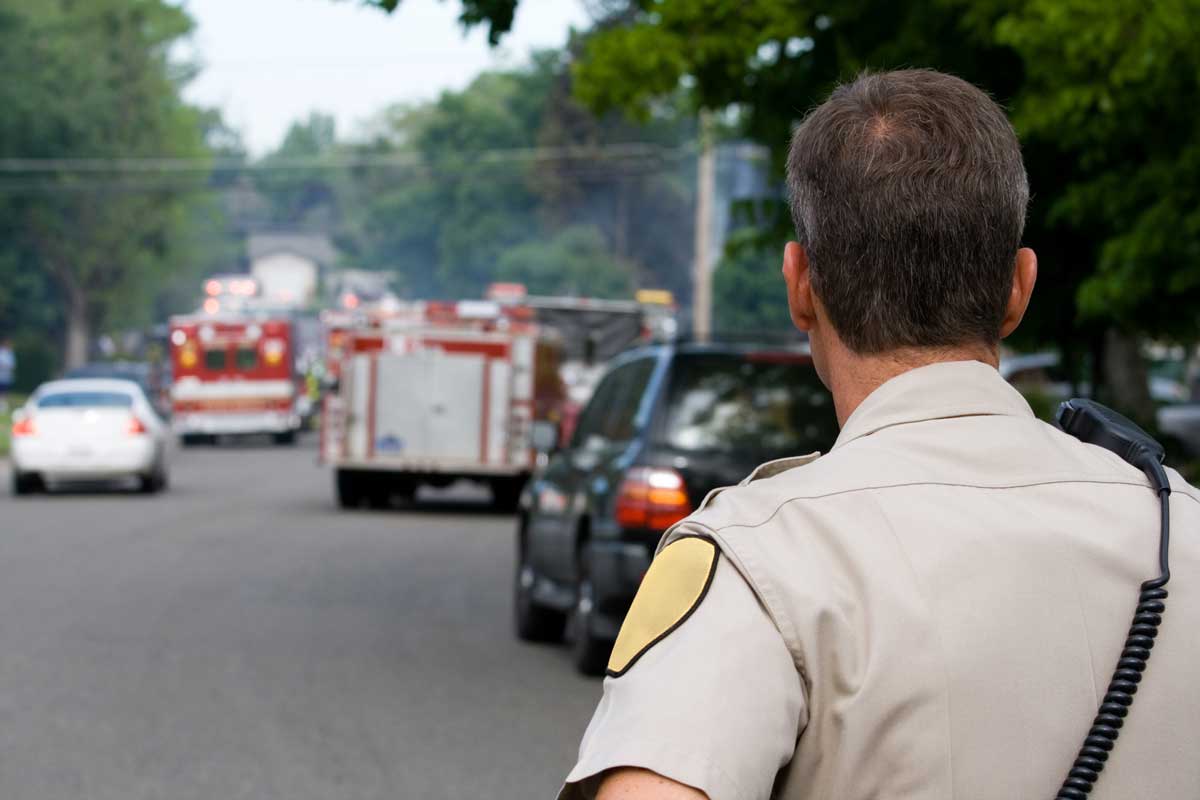Mandated reporting laws impact churches and religious organizations in many states across the U.S. Discover how these laws affect your religious organization and the employees, volunteers, and clergy members within.
How Mandated Reporting Laws Impact Churches
- Clergy and certain church employees are legally required to report abuse
- Some abuse confessions may be protected under clergy-penitent privacy
- Churches may have legal requirements to provide mandated reporter training
Which Church Employees are Mandated Reporters?
Churches employ a number of people who may be legally required to report suspected instances of abuse. These people are known as mandated reporters.
Most states designate their mandated reporters by profession.
Clergy members are considered mandated reporters in approximately 28 states, including Alabama, Alaska, Arizona, Arkansas, California, Colorado, Georgia, Illinois, Louisiana, Maine, Massachusetts, Michigan, Minnesota, Missouri, Montana, Nevada, New Mexico, North Dakota, Ohio, Oregon, Pennsylvania, South Carolina, Vermont, and Wisconsin.
Your state’s mandated reporting laws may identify additional church employees as mandated reporters, including administrative assistants and office workers who manage church records, childcare workers, teachers, and any employees who come into direct contact with children in your church.
What Do Mandated Reporters Need to Know?
The mandated reporters in your church need to know what types of abuse they are required to report, how and where to make a report, and the penalties for failing to report.
Types of Abuse
Clergy members and other church employees may find themselves required to protect vulnerable populations against different types of abuse, including:
- Child abuse and neglect
- Elder abuse and neglect
- Elder financial abuse
- Dependent adult abuse and neglect
How to Make a Report
Each state has its own mandated reporting requirements. This means the process, location, and timeline for making a report might be different depending on where your church is located. Reporters can find mandated reporter resources for their state or take mandated reporter training courses to help understand the varying requirements for reporting.
Penalty for Failing to Report
Most state legislation defines specific penalties for failing to report suspected abuse or for someone who obstructs a report. The penalties often include a financial fee, jail time, or a combination of both.
If a mandated reporter fails to report and the result is severe physical harm or death, then the legal penalties often become more severe.
Are Confessions Protected?
Clergy members often have policies in place to protect religious confidentiality.
Of the 28 states that identify clergy members as mandated reporters, all but five include a limited exclusion for clergy-penitent privacy.
If a clergy member receives a penitential communication or confession made in confidence, it may fall under the protection of clergy-penitent privacy.
This protection is often very limited to clergy members, such as ministers, rabbis, and priests, who are authorized to take confessions. The confession must be made privately and not in the presence of non-clergy members to be protected.
Clergy-penitent privacy does not exclude a clergy member from reporting instances of suspected abuse discovered in non-confessional situations. If a minister sees signs of physical abuse on a child and asks the child how they got hurt, the child’s admission of abuse would not be protected under clergy-penitent privacy.
Clergy-penitent privacy does not exclude clergy members from mandatory reporting requirements. It only offers limited protections for confessions made in confidence to a clergy member authorized to take confessions.
Are Churches Legally Required to Provide Training for Mandatory Reporters?
In some instances, your church or religious organization may be legally required to provide training for your mandated reporters.
You may be legally required to provide training to the following professionals:
- Daycare/ childcare employees and administrators
- Educators, teachers, or school employees
- Volunteers of organizations that provide services to children
You can find mandated reporter training courses for clergy members and other church employees. Profession-specific training can help prepare your reporters for their duties and make it easier for them to identify and report suspected abuse.
To start your training program, register with MandatedReporterTraining.com today.




